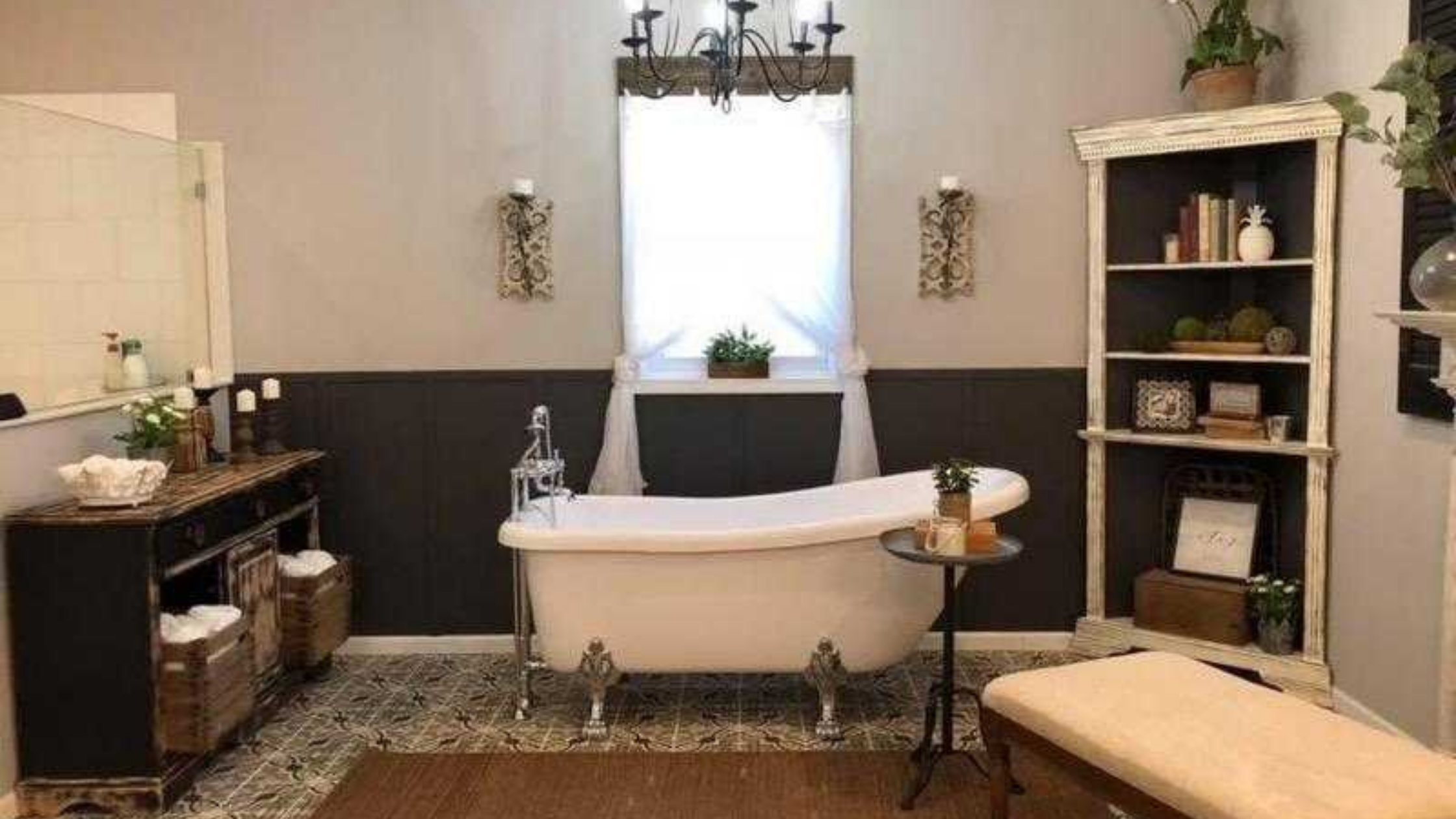What You Should Know about Buying a Modular Home
February 11, 2021

One of the most important things you should know about buying a modular or a manufactured home is that you may qualify for a series of tax benefits. Although many rules have changed over the years, modular and manufactured homeowners are still eligible for a series of tax breaks that could help them reduce the amount of taxes they need to pay each year. Below, you can find some important details you should be aware of before buying a modular or manufactured home.
Classification of Modular Homes versus Manufactured Homes
To be eligible for different tax breaks, modular and manufactured homes must be classified as real property. Although both modular and manufactured homes are built in factories, modular home sections are delivered to home sites, where they're assembled according to predetermined plans. Because these homes are set on permanent foundations and meet all the applicable building codes, they're considered real property, just like the conventional homes built directly on site. Therefore, modular homeowners could be eligible for the same tax benefits as the homeowners of site-built homes.
Manufactured homes, on the other hand, can be classified as personal property and taxed separately from the lots on which they're placed OR as real property and taxed together with the land to which they're permanently affixed. The homeowners who own a manufactured home classified as personal property cannot get the same tax benefits as the taxpayers who own real property. However, even if a manufactured home is classified as personal property, so it's subject to personal property taxes, specific tax benefits could still be applied to the land, accessories, and specific manufactured home upgrades that are owned by the homeowner.
Tax Benefits for Modular and Manufactured Homeowners
If you intend to purchase or already own a modular home or a manufactured home classified as real property, you may be eligible for the following tax breaks:
Manufactured Home Loan Deductions
Currently, taxpayers are able to deduct manufactured home loan interest. But before we dive into this topic, it's essential to know that homeowners can deduct interest only if they itemize their deductions. A homebuyer can deduct interest on up to $750,000 of a home loan taken out to buy a primary or a single second modular or manufactured home. If you've refinanced or intend to refinance a manufactured home loan that was obtained before December 16, 2017, the deduction is based on the date of the original loan. This means that you can deduct interest on up to $1 million of debt. Modular and manufactured homebuyers can also deduct buy-down points, also referred to as discount points. However, these points are tax deductible only if they meet the criteria from the IRS.
Property Tax Deductions
As the owner of a modular or manufactured home, you may be able to deduct the local and state property taxes that you pay on your federal income tax return. In order to deduct real property taxes, you need to itemize your deductions on Schedule A. Starting in 2018, taxpayers can only deduct up to $10,000 in all of their local and state income, sales, and property taxes combined.
Home-Office Deductions
Although many people are working remotely, this deduction is available only for the modular and manufactured homeowners and renters who are self-employed. You may qualify for this deduction even if you're self-employed for part of the year or do some freelance work on the side. To be eligible for this deduction, you need to use part of your home exclusively for business activities. Based on the percentage of the total area of your home that you use for business, you can write off part of your utility bills, insurance costs, manufactured home loan interest or rent, general repairs, and other home expenses.
Homestead Exemption
Besides protecting modular or manufactured homeowners from creditors in specific situations and providing property-tax relief for surviving spouses, the homestead exemption typically offers a fixed discount on property taxes by excluding part of a home's value from taxation.
Although this exemption is found in almost every state across the country, the way it is applied varies from one state to another. While the modular and manufactured homeowners must file a claim in order to receive this exemption in some states, the homestead exemption is an automatic benefit in other states. Currently, most states offer homestead exemptions to low-income families, seniors, people with disabilities, and/or veterans. However, the value of the homes that can qualify for this exemption is limited in some states. Additionally, to be eligible for this exemption, you must own and occupy your modular or manufactured home as your primary place of residence as of January 1st.
Depending on which state you live in, this tax exemption is expressed either as a flat dollar amount or as a percentage of the property's appraised value. In the states that use the fixed dollar amount method, the exemption is more valuable to the modular and manufactured homeowners who have less expensive homes. Conversely, the percentage method makes the homestead exemption more valuable to the modular and manufactured homeowners with more expensive homes. Using a fixed homestead exemption of $50,000, for example, a $125,000 modular or manufactured home would be taxed on only $75,000 of its appraised value. Considering the same home value, the home would be taxed on $100,000 of its value with a 20% homestead exemption.
To learn more about your property taxes and any tax breaks you may be eligible for, contact your local tax office, CPA or appraisal district office. To learn more about the financing alternatives available for modular and manufactured homes, feel free to contact our friendly professionals today!
